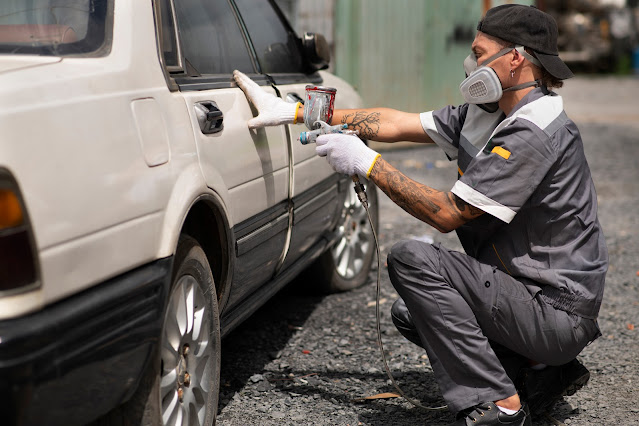Lemon Law for Electric and Hybrid Vehicles: What California Consumers Need to Know
The growing popularity of electric and hybrid vehicles in California has made consumers develop an understanding of their rights. In California, consumers enjoy strong lemon protection and rights, followed by both traditional and electric vehicles.
Purchasing a vehicle should be an exciting milestone. But what happens when that car becomes a nightmare, plagued with constant mechanical issues and trips to the repair shop? This is where the Lemon Law comes to the rescue. With the rapid surge in the purchase of eco-friendly cars, you must understand your rights, as per the state’s lemon law. This article will help you navigate the ins and outs of the law and what to do if you suspect you’ve purchased a lemon.
What is the Lemon Law?
The California Lemon law is meant to protect the rights of consumers, formally known as the Song-Beverly Consumer Warranty Act, who have purchased or leased vehicles. It ensures that consumers can use their rights for their vehicles, which failed to meet the expected quality and performance standards. If you are facing issues with your vehicles and have significant defects that cannot be repaired after several reasonable attempts, you are eligible for a refund or replacement of your vehicles.
Applicability to Electric and Hybrid Vehicles
Lemon law in California applies to all types of vehicles, including hybrid and electric models. This identifies and recognizes the unique problems or complexities in the vehicles, which majorly involve components and technology that are different from traditional cars.
Key Criteria for Lemon Law Eligibility
To qualify under the Lemon Law, your electric or hybrid vehicle must meet the following conditions:
- Defect: the defects of the vehicle should affect its use, value, or safety.
- Repair Attempts: Your vehicle must have opted for a reasonable number of repair attempts. The attempts should be a minimum of two to four, depending on the severity of the issues.
- Time Out of Service: the vehicle must be out of service for a cumulative total of 30 days for its repair.
- Within Warranty Period: the occurrence should be within the warranty period.
.jpg)
.jpg)

Comments
Post a Comment